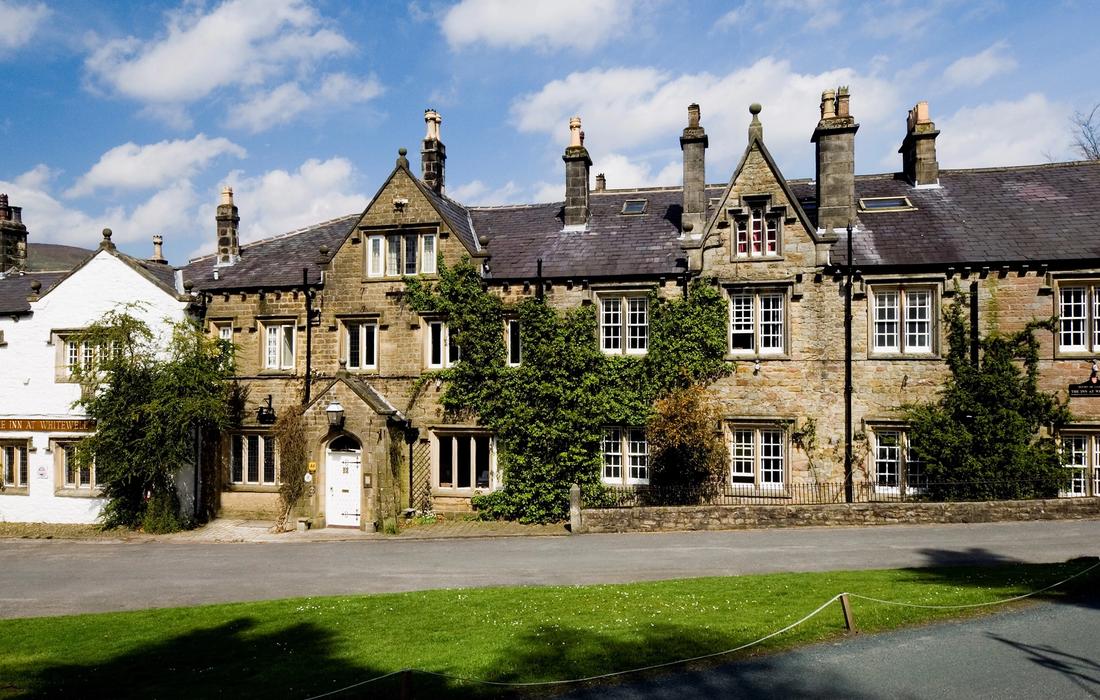The Good Hotel Guide is the leading independent guide to hotels in Great Britain & Ireland, and also covers parts of Continental Europe. The Guide was first published in 1978. It is written for the reader seeking impartial advice on finding a good place to stay. Hotels cannot buy their way into the Guide. The editors and inspectors do not accept free hospitality on their anonymous visits to hotels. All hotels in the Guide receive a free basic listing. A fee is charged for a full web entry.
The Good Hotel Guide
About Us
Independent
Recommended
Trusted
Independent
Recommended
Trusted

Tripadvisor’s Wild West
All blog posts
3 minutes
2 Apr 2018
Tripadvisor’s Wild West
All blog posts
3 minutes
2 Apr 2018
By Adam Raphael

After years of dodging responsibility, TripAdvisor will finally have to accept that it is a publisher and not just a platform for travellers’ views over which it has no control. That is one benefit from the row provoked by Facebook’s sharing its users’ data with third parties. The Wild West of the Internet is, at long last, being brought to heel.
The Facebook row has stirred public concern to the point where the online juggernaut has had to announce that it will double the number of its sub-editors. The 20,000 security specialists, as it prefers to call them, will monitor how data is used and prevent the publication of extremist content. Google, likewise, is recruiting another 10,000 subs.
What is Tripadvisor doing? Though much of its recent increase in traffic is due to its integration with Facebook, it has so far given no indication of the need to change the way it operates. In response to criticisms about the large number of bogus posts that appear on its website, it argues that secret algorithms are its best defence against these. It refuses to say how many staff it employs to monitor collusive or malicious reviews.
“I used to think that Tripadvisor had a positive role to play in the travel and tourism sector,’ says Thomas Robinson, the owner of Headlam Hall and the Rose and Crown at Romaldkirk. But now? He points to its claim that all reviews are checked before being published. ‘Really? I have never heard of a hotelier being contacted by TA to see if the person actually stayed or if the facts of the review are correct before publishing, no matter how damaging the content.’ Mr Robinson is also concerned, as are many hoteliers, by the way that the travel website is used as a tool for extortion. ‘I know both from our own experience and that of other hotels that some people set out for a discount by using the threat of bad reviews on TA when the justification is not there.’
TA’s handling of hoteliers’ complaints is so cursory that it is a bad joke. The consumer organisation, Which?, invented a fictional B&B which then complained to Tripadvisor about a scurrilous comment from an equally bogus, anonymous reviewer alleging that he had had ‘to make do with a wash from a kettle’. Tripadvisor replied to the hotelier’s complaint saying that as the review complied with its guidelines, it would not be removed.
Does any of this matter? It does to the thousands of hospitality businesses which have suffered malicious reviews which Tripadvisor refuses to remove despite them producing evidence that they are fraudulent. TripAdvisor refuses to disclose the identities of its reviewers claiming that it has no obligation to do so because it is an American corporation. And, yes, it matters to the millions of travellers looking to find reliable information, many of whom do not realise that the travel website is wide open to collusive reviews. Its much vaunted algorithmic fraud-detection systems are a sham.
After a seven-month investigation by the Italian Competition Authority, TripAdvisor was fined €500,000 for publishing bogus reviews. The Italian regulator said that TA should stop claiming that reviews on its website were ‘authentic and genuine’. Central to its ruling was the regulator’s decision that TA had failed to prevent false reviews appearing on its website, and that it did not do enough to try to find out whether those who left negative reviews had even stayed at the hotels they were criticising. This decision was eventually over-ruled by an Italian court which ruled that ‘TripAdvisor never asserted that all the opinions on its website were real.’
Sadly, Parliament has yet to distinguish between the need to uphold free speech and those who publish anonymous vitriolic comments on the web about businesses or people who they dislike. Until it does, travel review websites like Tripadvisor will remain part of the internet’s ethical vacuum.


